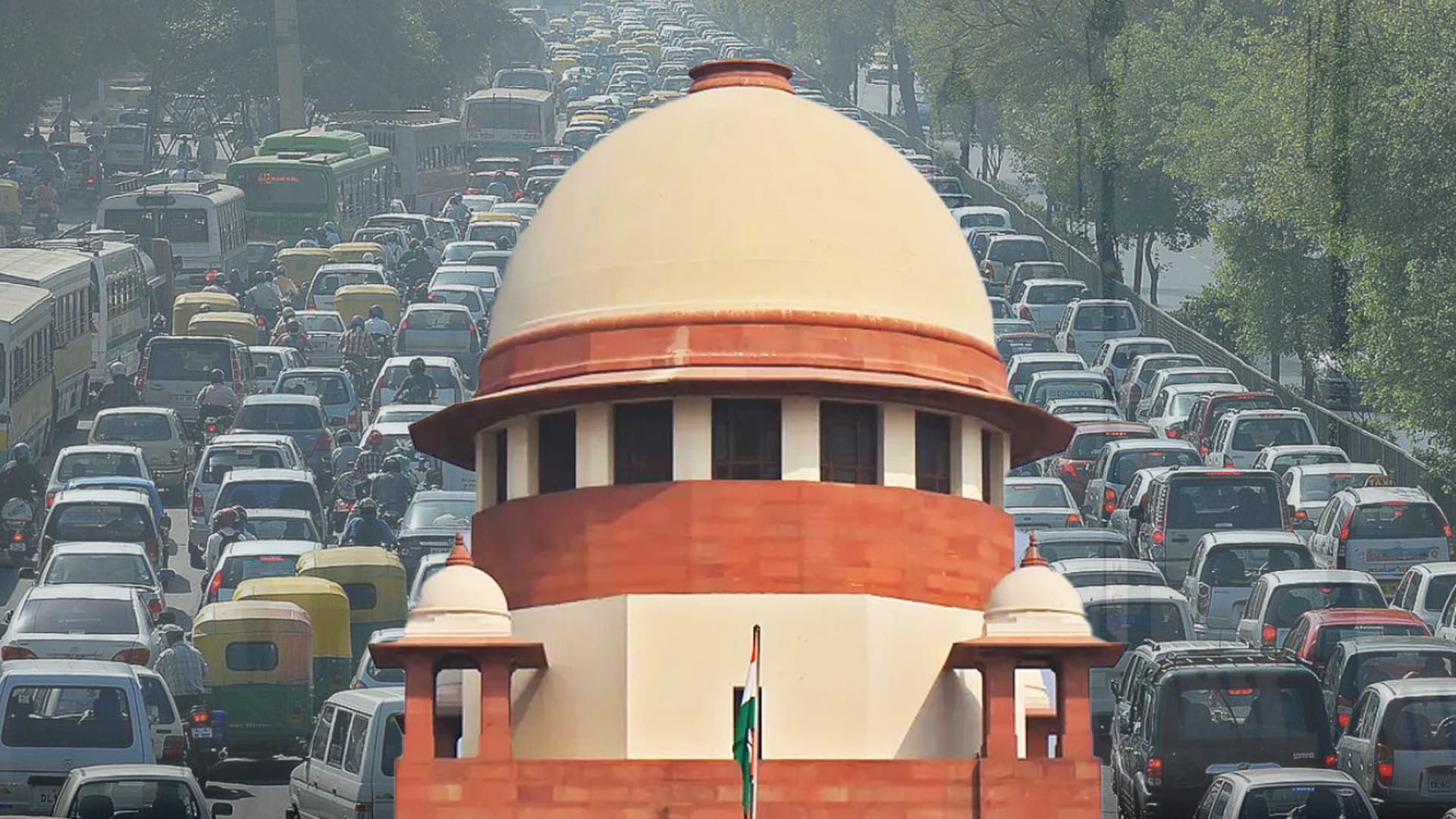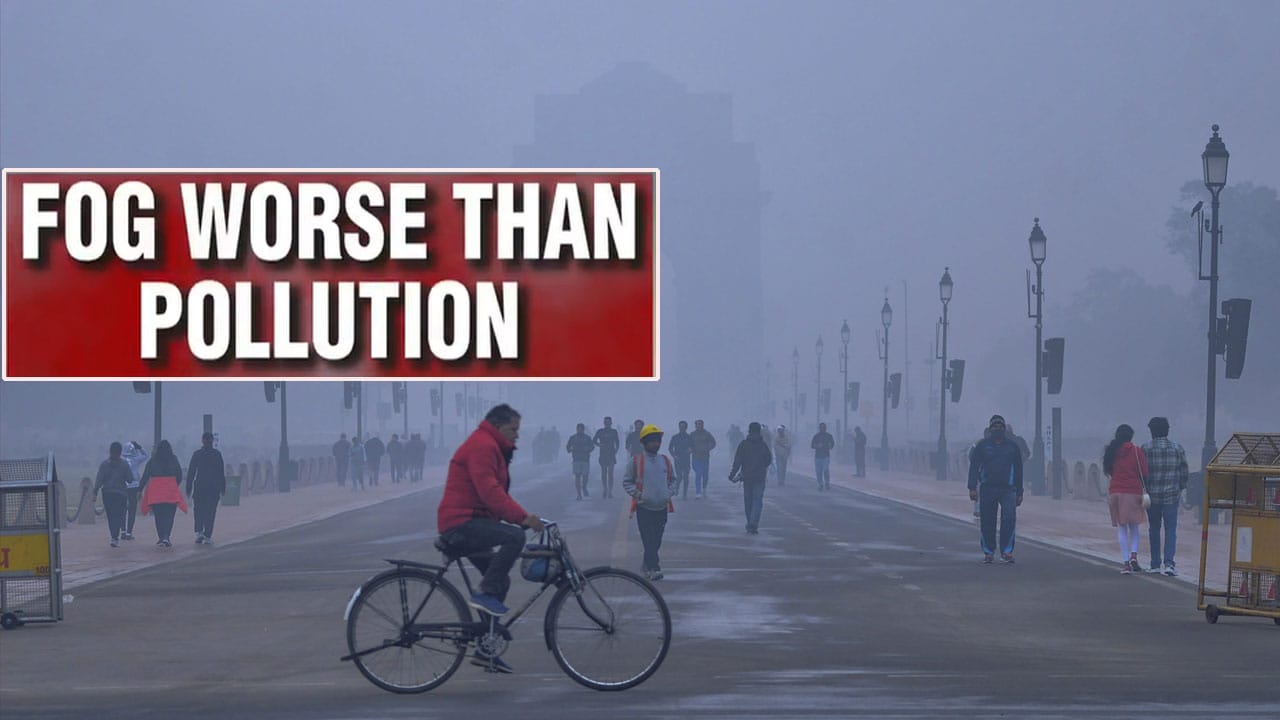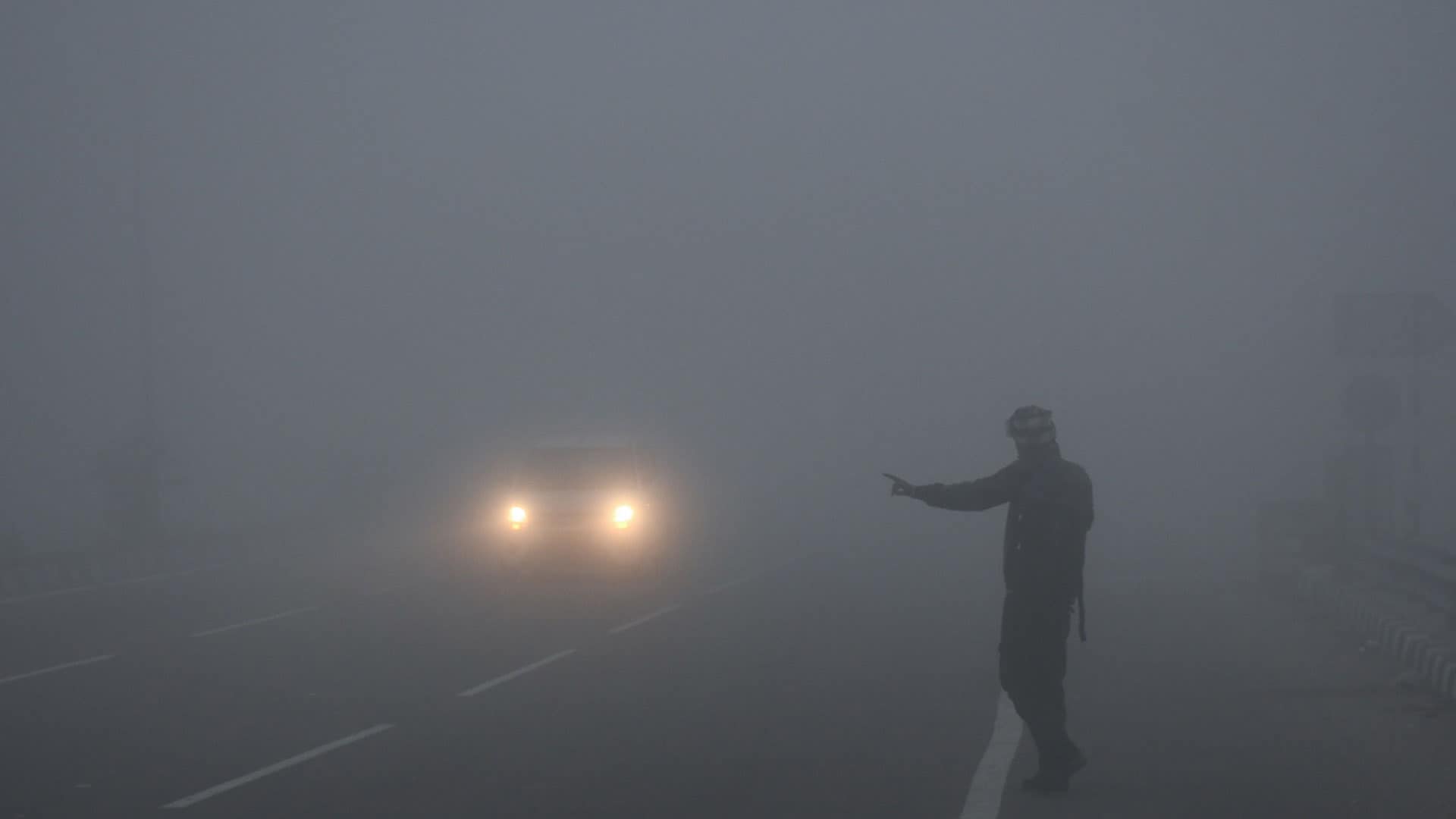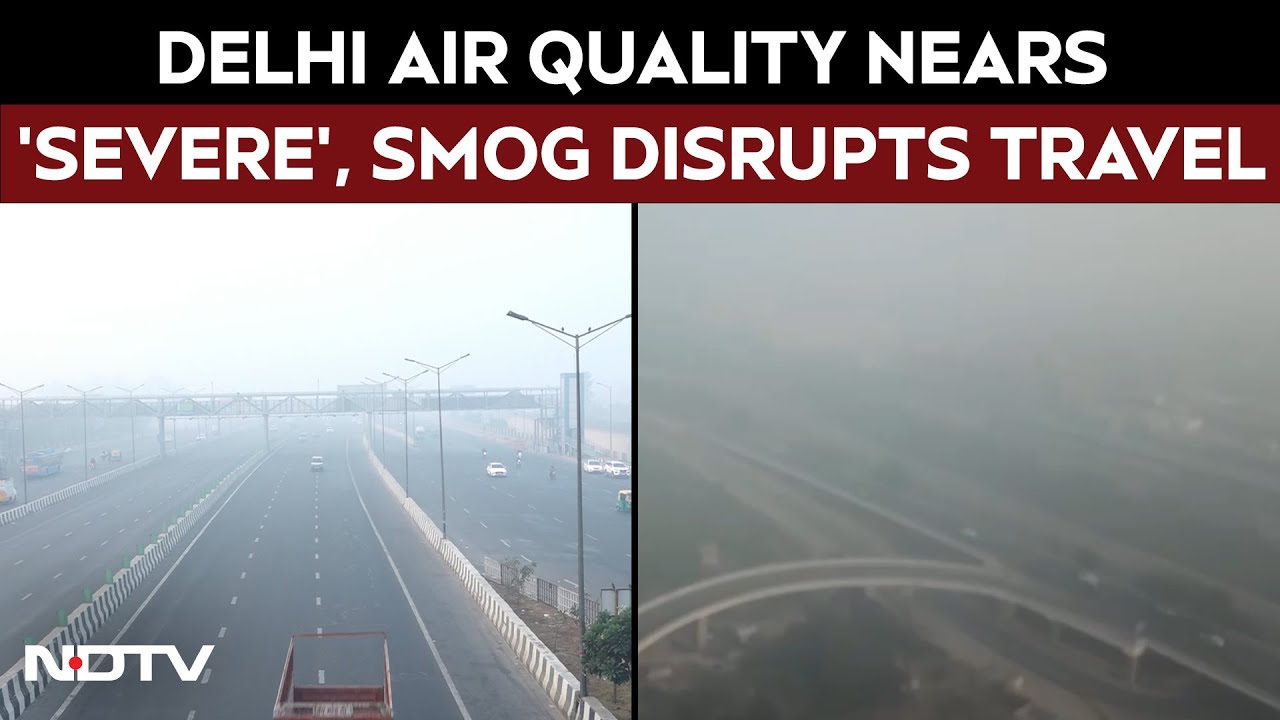- Home/
- Air Pollution Linked To Increased Dementia Risk: Report
Air Pollution Linked To Increased Dementia Risk: Report

Breathing polluted air was linked to an increased risk for dementia, underscoring the potential for stricter air quality measures to prevent conditions like Alzheimer's disease that afflict millions of Americans.
Chronic exposure to air containing high levels of fine particles was consistently associated with dementia, according to researchers at the Harvard Chan School of Public Health who conducted an analysis of 14 earlier studies. Even when the average annual levels of particles were below a US Environmental Protection Agency standard — 12 micrograms per cubic meter of air — the relationship with dementia persisted.
Some 57 million people worldwide have dementia, and there's no cure for patients, including those with Alzheimer's disease, which affects some 6 million people in the US alone. Even a reduction in annual levels of just 2 micrograms per cubic meter should lead to lower dementia rates, said Marc Weisskopf, a professor of environmental epidemiology and physiology at Harvard who helped write the study published Wednesday in the BMJ medical journal.
"As far as we can tell, the lower you can go, the lower your risk is," he said in an interview. While individuals have little control over their exposure to such pollutants, regulators have more say, he said.
In January, the EPA proposed changing its annual fine particulate matter standards to between 9 to 10 micrograms per cubic meter of air, down from the current 12 micrograms. Other countries, like the UK, have looser standards. For comparison, smoking one cigarette per day is roughly equal to a level of 22 micrograms per cubic meter of air, according to Berkeley Earth scientists.
Fine particulate matter, also known as PM2.5, consists of bits roughly 30% of the diameter of a human hair. Their small size allows them to settle deep in lungs and even make its way into blood, according to the EPA. PM2.5 exposure has been linked to a spate of diseases, including cardiovascular disease, type 2 diabetes and lung cancer, as well as premature death.
The World Health Organization recommends that average annual PM2.5 levels be below 5 micrograms — but nearly the entire global population breathes air that exceeds those limits. The wide scope of pollution exposure makes particulate matter a concerning risk factor for dementia, even though its estimated effect was smaller than for factors like smoking, Weisskopf said.
Nitrogen dioxide and nitrogen oxide, two other pollutants, may also be linked to dementia risk, although the connection was based on fewer studies and may not be as firm, according to the researchers.
"Everybody has to breathe, so everybody is exposed to this," Weisskopf said. "The population-level effect could actually be quite large because the number of people exposed is massive."
(Except for the headline, this story has not been edited by NDTV staff and is published from a syndicated feed.)
Latest Stories
- Written by Shreya Goswami | Wednesday January 07, 2026
A study by Jawaharlal Nehru University finds that Delhi's polluted winter air carries high levels of antibiotic-resistant bacteria or superbugs far above safe limits, posing public health risks, especially for vulnerable groups and those with chronic
- Reported by Nupur Dogra | Tuesday January 06, 2026 , New Delhi
The Commission for Air Quality Management or CAQM, was strongly reprimanded by the Supreme Court today, which said the pollution body was not taking the issues raised by the court seriously.
- Written by Shreya Goswami | Tuesday January 06, 2026
Bronchial asthma often worsens in winter due to cold air, pollution and infections.
- Asian News International | Sunday January 04, 2026 , New Delhi
Delhi's air quality continued to remain in the 'poor' category on Sunday, with the national capital recording an overall Air Quality Index of 248, according to data from the CPCB.
- Press Trust of India | Sunday January 04, 2026 , New Delhi
As much as 65 per cent of Delhi's air pollution in 2025 originated from outside the city, mainly from other NCR districts, while local sources accounted for the remaining 35 per cent, a study said.
................................ Advertisement ................................
Latest Videos
Opinion
Blog | Well Done, Delhi. You've Turned Lung Sacrifice Into A Badge Of HonourSaikat Kumar Bose
Monday November 10, 2025Till some years back, Delhiites would ask angry questions to those in power about the capitals annual tryst with toxic air. This has changed. Those in the driving seat dont see the need to answer now.
Opinion | Why Indians Have Just Given Up On Air Pollution CrisisTanushree Ganguly
Friday December 20, 2024While some may argue that people in Delhi are now more aware of air pollution than they were a decade back, my rebuttal would be that awareness does not mean that people are concerned.
Opinion | You Must Outrage Over Filthy Air More Than Once A YearJyoti Pande Lavakare
Tuesday December 10, 2024Delhi welcomed us with monsoon rains and mangos. We were home. Fast forward a couple of years, in the winter of 2012, I found myself in denial about something other parents, mostly expats, were calling toxic air.
Opinion | Delhi's Air Pollution Situation Is Like A Bad MarriageNishtha Gautam
Friday November 22, 2024On a good day, such as today, the AQI reading in Delhi is 407. We are jubilant at the sickly sunshine trickling through the slightly dissipated smog. At least its not 1600.
दिवाली... पराली... सियासी जुगाली!Ashwini kumar
Monday November 18, 2024दिल्ली-एनसीआर में प्रदूषण का समाधान तो आज तक मिला नहीं. हर साल चिंतित होकर हम-आप सांसों की तकलीफ के साथ-साथ दिल और ब्लड प्रेशर के मरीज भी क्यों बनें?


















